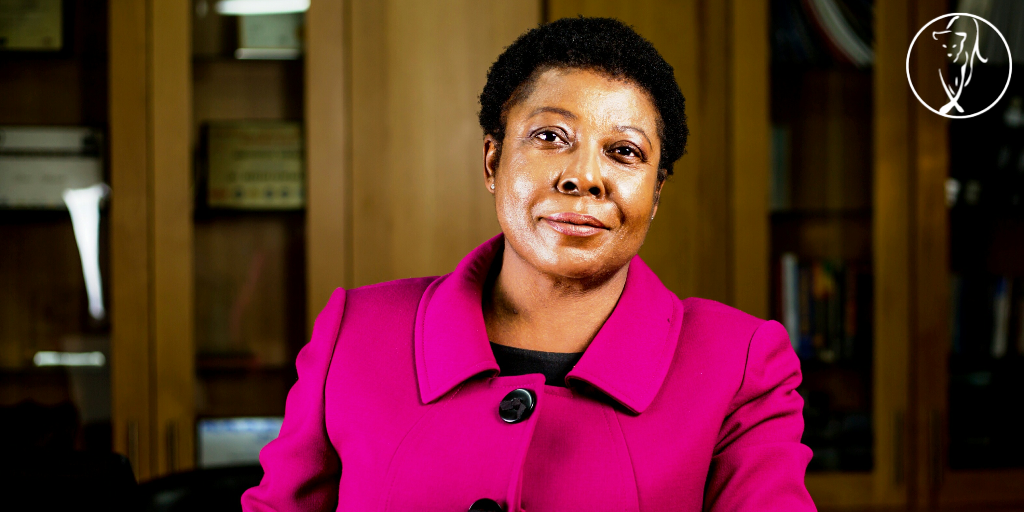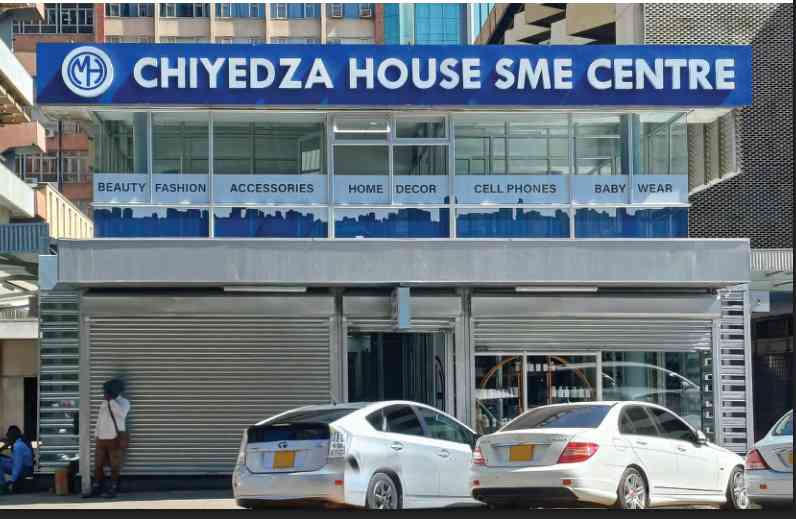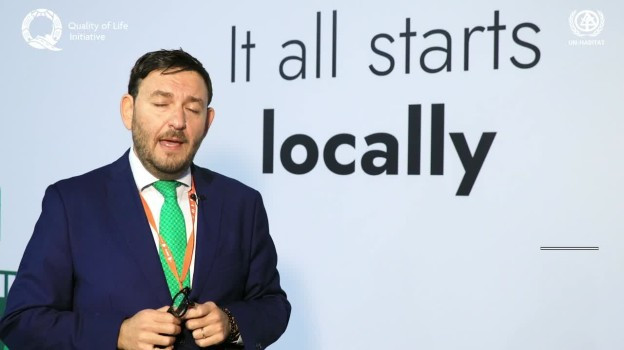
HEALTH experts have expressed concern over restrictive advertising policies and excessive licensing requirements for Zimbabwean healthcare which they say are a hinderance to medical tourism.
According to industry sources, a lot need to be done in the Zimbabwean health sector to promote medical tourism.
This is because the country’s healthcare industry has been depreciating over the years due to lack of adequate budgetary support and a massive brain drain of qualified experts.
According to Treasury, the capital investment requirement for the health industry is US$5,72 billion, of which the government has not been able to meet that amount.
Yet, health tourism is a multibillion United States dollar industry globally.
In an interview with businessdigest, a senior official with a leading healthcare professional body who asked for anonymity, said the sector was lacking advertising policies that were vital in promoting medical tourism.
“The first thing is to work on restrictive advertising policies. As long as the restrictive advertising policy is there, we cannot be successful in medical tourism. The issue is that we know more about what is happening in India than in Zimbabwe,” the official said.
“In Zimbabwe, we do not know the cost and the quality of healthcare, but people will opt to go to countries like India because their advertising policies are transparent. We know that in India there is low cost and high quality.”
The official added that high licencing fees were also limiting health tourism.
“For one to open a surgery for a start, if it is not a commercial place, they have to go to the Council (Harare City Council) first and do the change of use, renovations and then apply for license and approval at council,” the official said.
“The money needed for one to acquire a licence at City Council is around US$3 000. After that, you then go to MDPCZ (Medical and Dental Practitioners Council of Zimbabwe) and pay a sum which is around US$1 000. If it is a clinic hospital, one has to pay between US$3 000 to US$10 000. You then go to HPA (Health Professions Authority of Zimbabwe) and pay another amount.”
The official said there were too many agencies or players that needed money for one to open a health facility.
These agencies include HPA and MDPCZ.
“We have had discussions on the issue of overregulation, but nothing had changed,” the official said.
“This makes medical tourism to be a bit challenging considering that the operations are much expensive even before one gets started and it won’t be easy for the health facilities to be cheap looking at the amounts that one paid for to acquire the licences and all that it needed.”
The officials urged the health sector put policies that motivate people to invest in medical tourism in multidisciplinary centres and centres of excellence across the country.
While the 2024 National Budget saw the Treasury allocate ZW$6,3 trillion (US$1,08 billion) to health, most of the allocated funds are for increasing working space, manpower, drugs, and medical supplies, not infrastructure.
Commenting on the same issue, Tourism Business Council of Zimbabwe (TBCZ) president Wengai Nhau said that there was a need to invest in the improvement of healthcare infrastructure for medical tourism to be effective.
“For medical tourism to be effective and attractive, there is need to first invest in the medical facilities related infrastructure such as hospitals, clinics and other related facilities that will be developed to world class standard,” he said.
“This will be complemented by a pull of expert specialist personnel in the medical field from doctors, physician specialists, surgeons, radiographers and all other related support services in the health sector. Whilst that happens, it will attract, for starters, local people that will come and make use of the facility.”
Nhau said there was a need to work on improving the state of healthcare in the country, considering a huge number of Zimbabwean citizens leaving the country for medical assistance.
“Concerning the medical infrastructure that have been built, we will now need also to increase our room stock especially in areas close to the facilities so that can be within walking distance between the medical facility and the place of accommodation,” he said.
“People can access their medical services and at the same time have a tour whilst they are attended to, by the specialists.”
The TBCZ is currently looking at having discussions with the Ministry of Tourism and Hospitality next year, with the aim to promote medical tourism.
Tourism minister Barbara Rwodzi could not be reached for comment.











